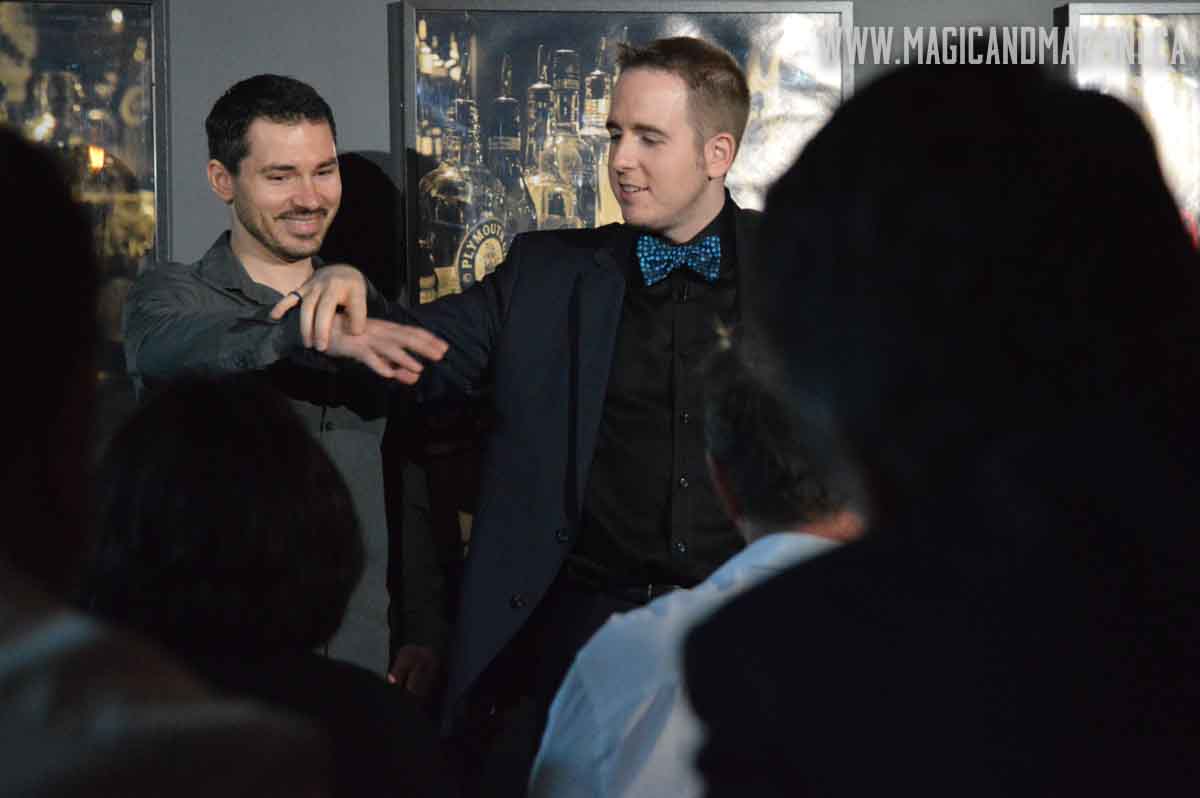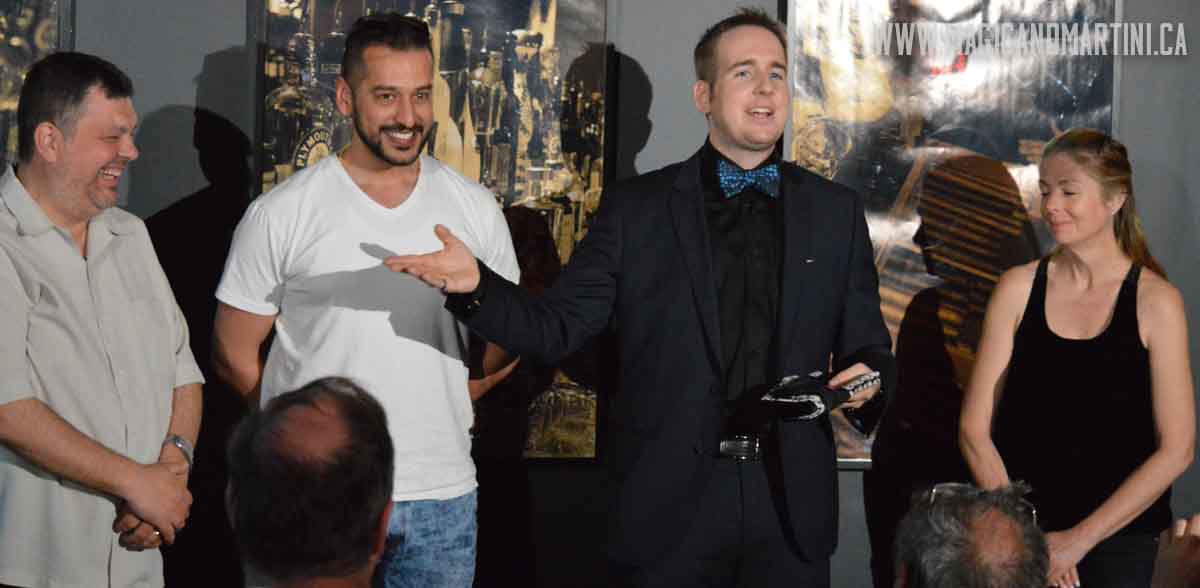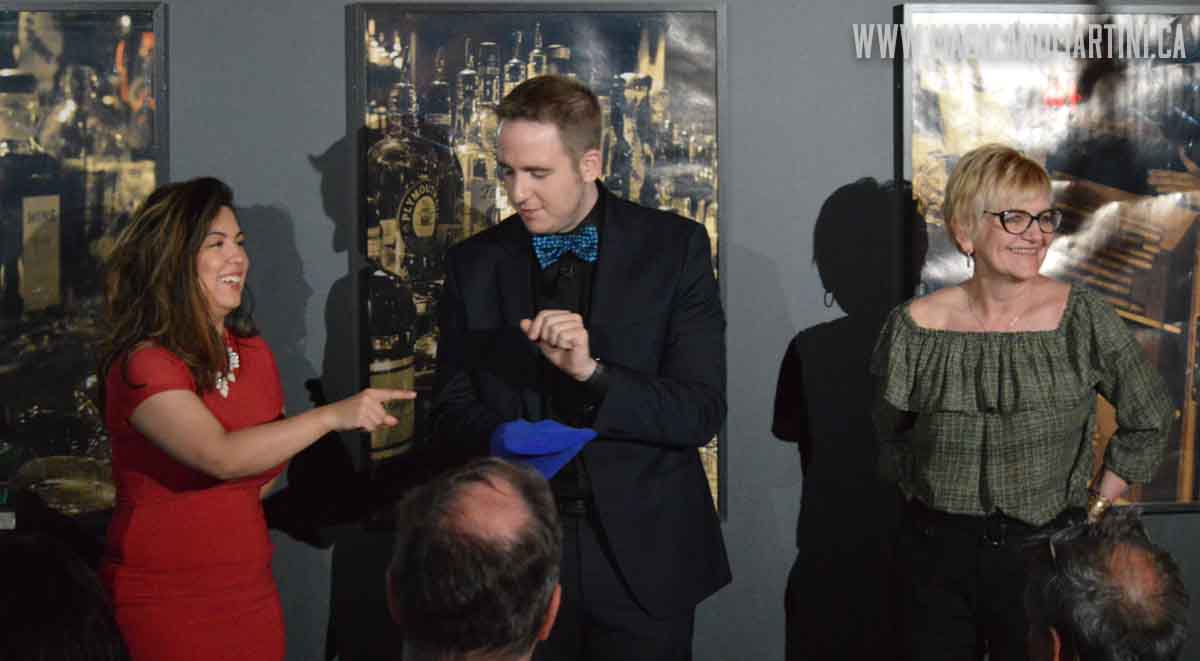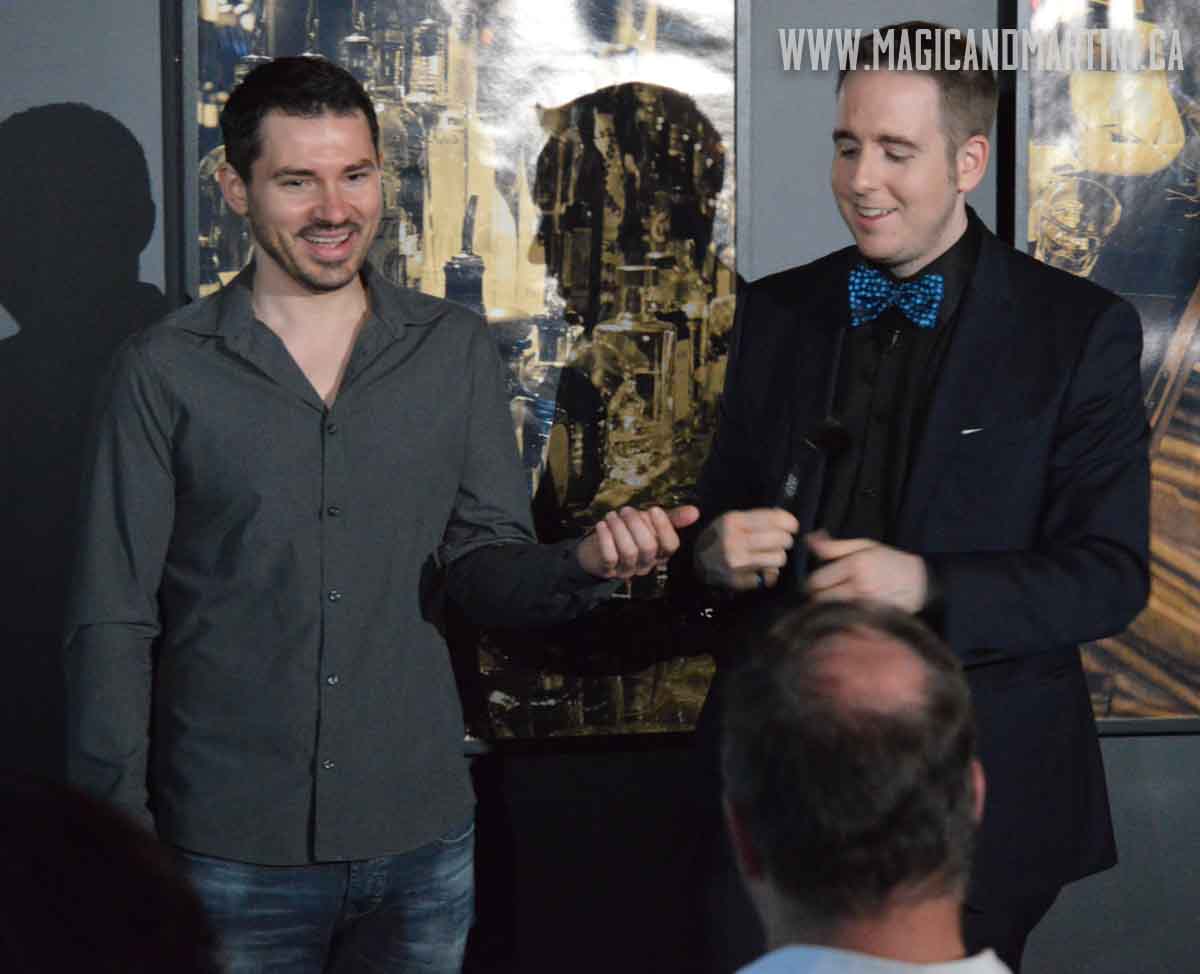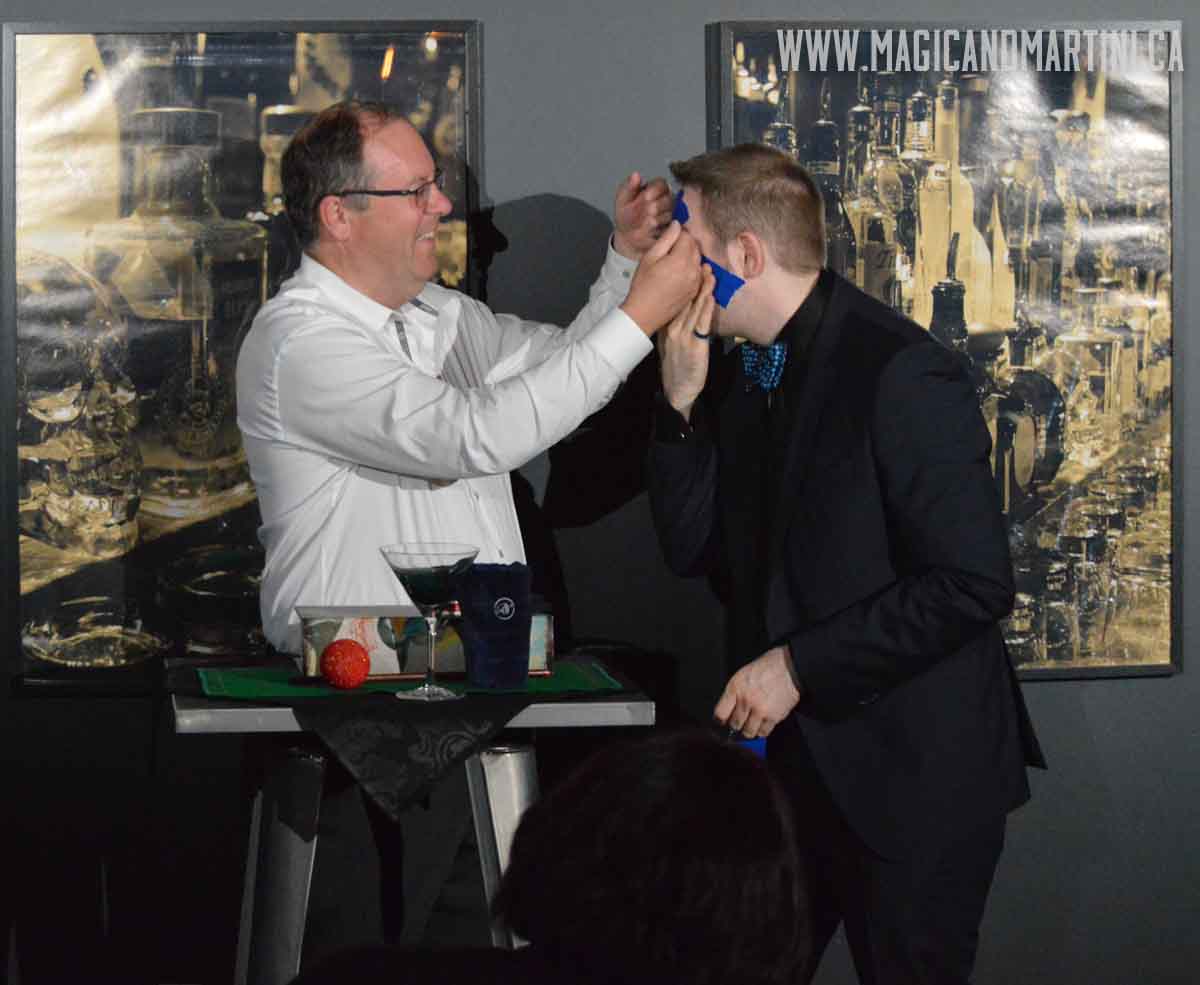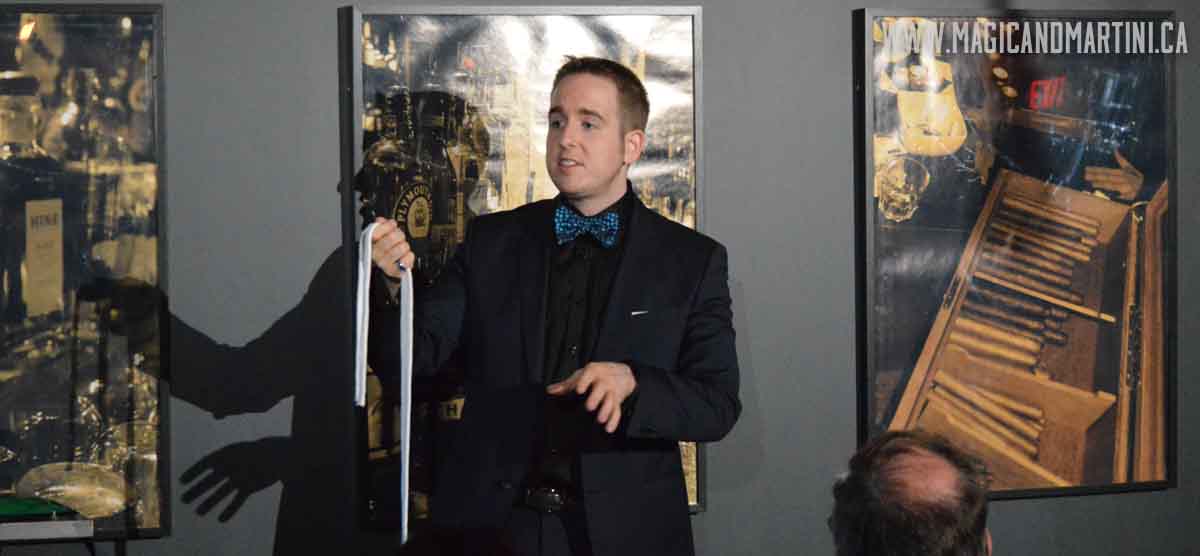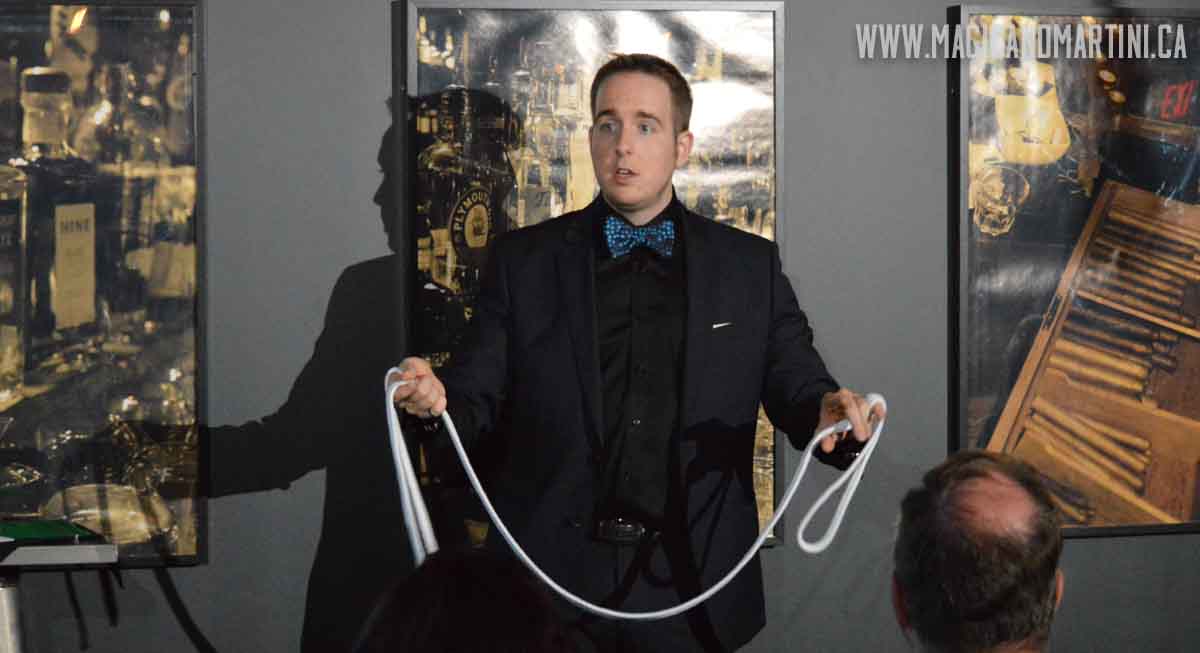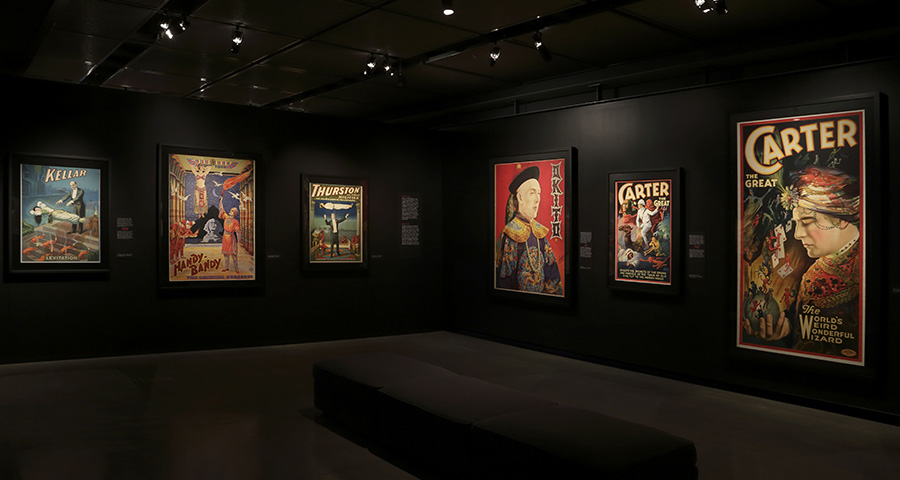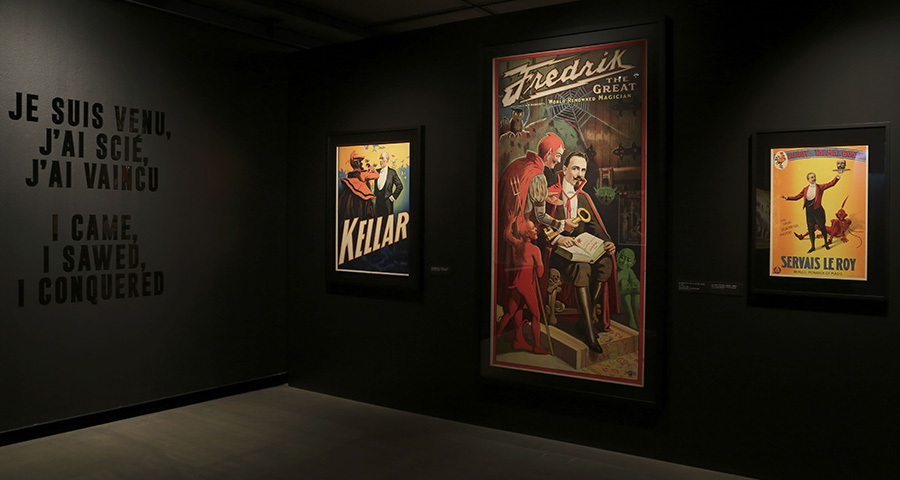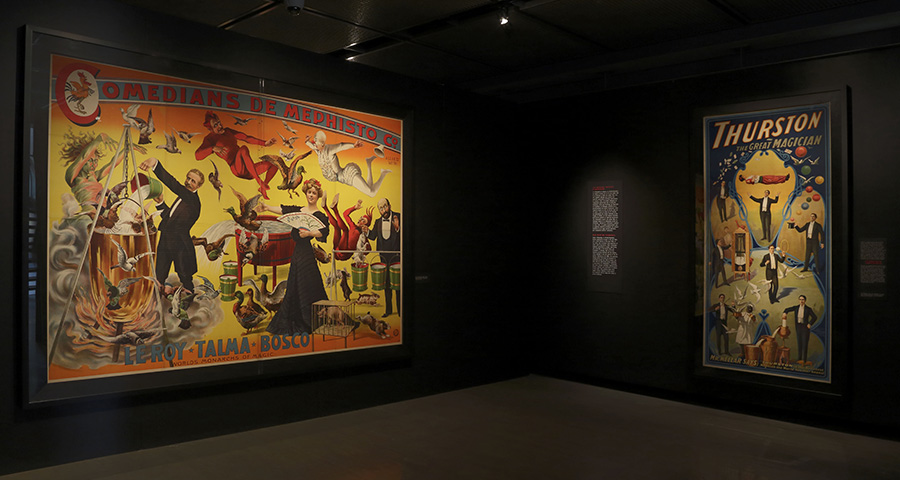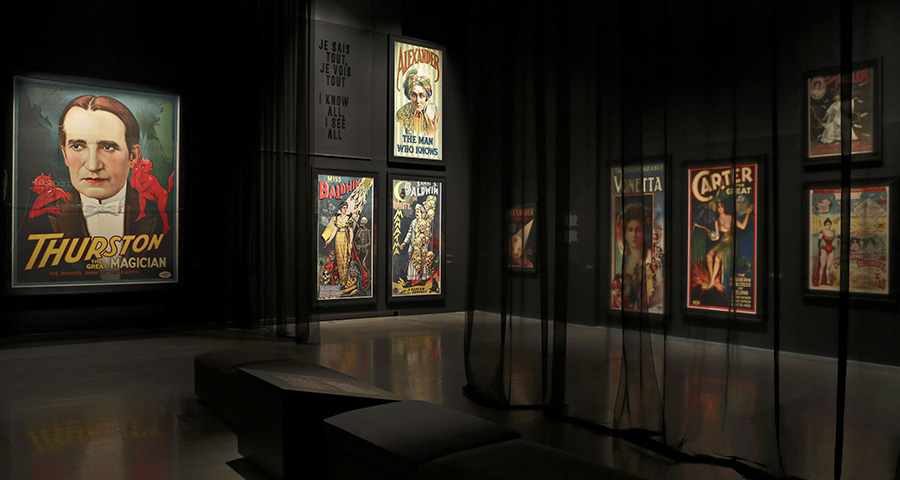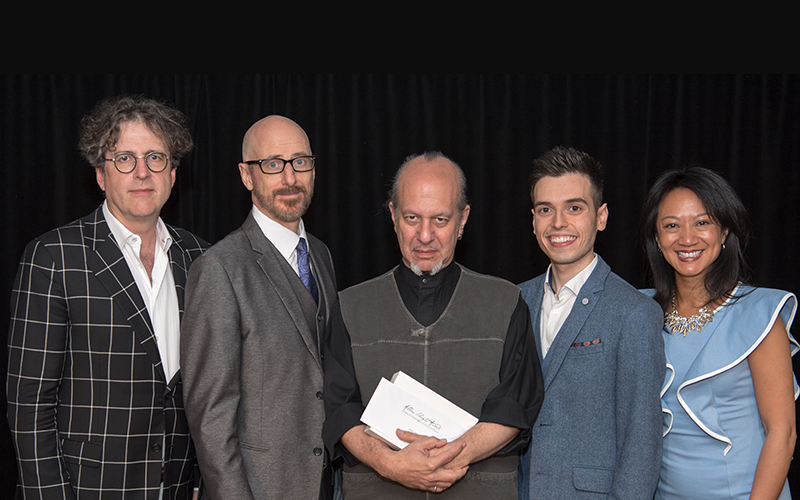There's a great short article on Mind Your Decisions about Game Theory and the dangers of trying to copy people who appear to be successful.
Game Theory is one of the most unfortunately named academic disciplines because it gives the impression of being rather trivial and not worth paying attention to. After all, serious people don't play games. In reality it's about the process of decision making in the presence of others who are trying to make decisions. So it would more appropriately be called "life theory".
He expands on a very insightful video about survivorship bias an why simply modelling your behaviour and decisions after people who are more successful than you really isn't a good idea:
If you were like me when I first learned of this concept, it's difficult to immediately see why this is such a big problem. But when you look at the numbers that underpin it, it really is true.
I remember my first boss (or second, depending on how you count... it was complicated) thought treated The Seven Habits of Highly Effective People as a kind of bible that all of the staff would benefit from reading. Of course, the implication is that it's those habits which make them effective. Even then I knew correlation doesn't equal causation. It especially doesn't equal causation when you are dealing with a biased sample where the failures are simply not on your radar.
There is one more thing I also noticed while I was still in the martial arts world, and see something similar happen in the world of magic. People who are successful behave in a certain way after becoming successful, but that doesn't necessarily represent the process they went through to become successful. And after a while, they forget what that process was and how important it was.
In martial arts, all of the people I looked up to did a large amount of competition when they were younger. As they got older, they stopped competing, but still retained all of the skill and discipline that they gained from it. Now, when mentoring the younger generation, they almost universally guided their students away from competition feeling it was unnecessary. It was unnecessary for them because they had done it already, but it still had value for those who had not yet done it. I think they also felt they could convey their accumulated wisdom without having to put us youngsters through the middleman of real world experience.
The same thing happened in magic as I was pressured early on in my career to raise my prices and stay home more, even though I didn't have the experience to command higher fees. But I knew what I was being told was good advice for the people giving it, but not necessarily good for me. For that reason, for the two and a half years that Magic Tonight ran, it was always in smaller venues. Two shows of fifty people had more value than one show of a hundred people. I knew that experience mattered.
And when you see the people you look up to, it's important not to try and imitate the way they behave now, but the way they were behaving on the road to where they are now.




